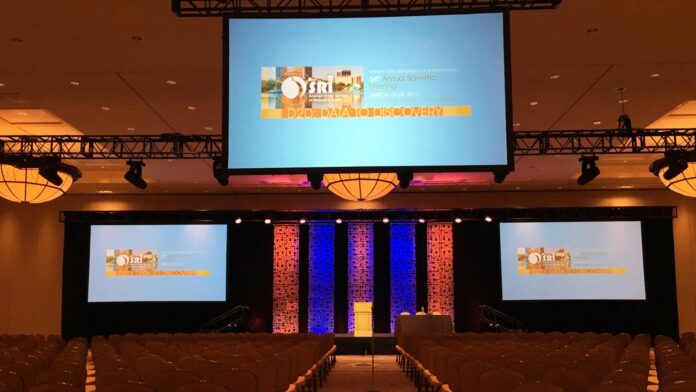The life of an event planner is very dynamic. It includes high-profile weddings, product launches and much more glamorous events. However, to do a good job, you have to make an effort. This involves investing effort and time to achieve the best planning skills. Acquiring specialized skills is the main requirement that you must meet in order to do this job.
Don’t forget that planning an event is much more than visiting fancy parties and chatting with interesting people. That is the end of every job, but there is a long way until you make it to fancy party and make organizer happy with what you do. There is also the less fun side of the job which is quite stressful. That is why you need specialized skills, because you have to deal with all the challenges that await you. Find out below how to become the best in your business.
1. Organization
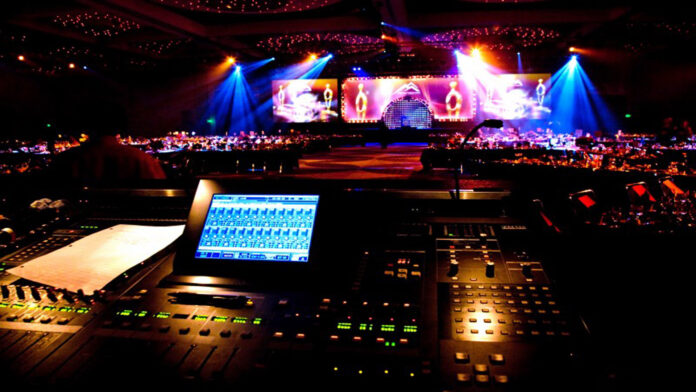
You can’t achieve anything without good organization. No matter what business you do, the ability to organize is a prerequisite for progress. You need a well-designed system for managing daily responsibilities, work tasks and other business segments. You can use different techniques, methods and tools for this purpose. Fortunately, technology has provided us with some of the best tools you can use on or off the field. Many of them will help you stay involved in every important detail related to event planning. Otherwise, your plans will not be sustainable, you will not have a clear structure to follow during the work, which means that you will find it much harder to achieve your goal. Avoid chaos and focus on an adequate program and specific goals.
2. Flexibility
While good organization is a prerequisite for success, you can’t just survive with a clear schedule. Unfortunately, things change regardless of our schedule and sometimes we can’t influence the web of events. That is why it is important to keep a flexible approach to work, because unpredictable things can happen in life. Every planner must be able to adapt to most changes. To succeed in this you need a backup plan. It involves a little more planning, but it’s the only way to deal with problems that can happen to you at the last minute. Otherwise, you can completely destroy the event. If you have a backup plan, you won’t have to keep your team and others informed of changes. They will know about it for a long time and adapt to it just like you.
3. Use an AV provider at an early stage
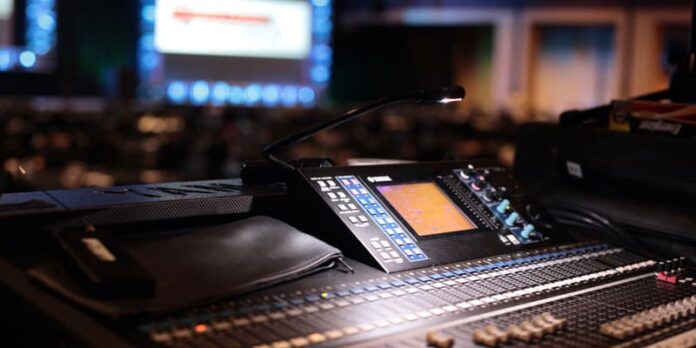
If you want to save a lot of work, take certain steps during the early stages of the project. So get an AV provider right away. They will help you do a lot more work in a short time. For example, they can help you choose the venues you need to work with or when it comes to negotiations. We asked Cosmo Pro for additional info and they told us they can take care of audio, video, lighting, staging, backline rentals as well as piano rental and so on. It is best to start negotiations earlier when you decide to sign the documents. In that case, your team will have much more time and opportunities. They will have the opportunity to design the room with all the technology and equipment. Once you decide on the layout, they will very easily incorporate all your ideas into the drawing, which you will always be able to use.
4. Mixer
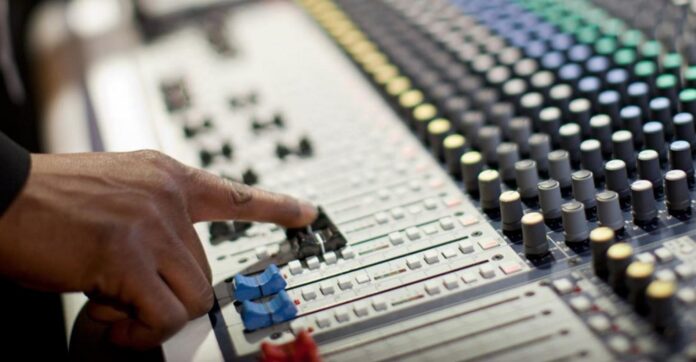
There must be several essential devices on your equipment list. In the first place is the mixer. If you have several microphones in the room, you need to balance the sound. Also important is the way you establish control over the volume level and everything else. Your team should use a mixer or sound board. In this case, you will be able to create the perfect combination of audio signals before they reach the speakers.
Don’t forget to make sure your team is familiar with the number of microphones the speaker will need. You may need additional microphones. For example, if the event involves questions for the audience, you will need additional microphones. When you get the necessary microphones, make sure your mixer has enough channels for them. Consult your AV technician to help you get the most out of your speaker.
5. Projector
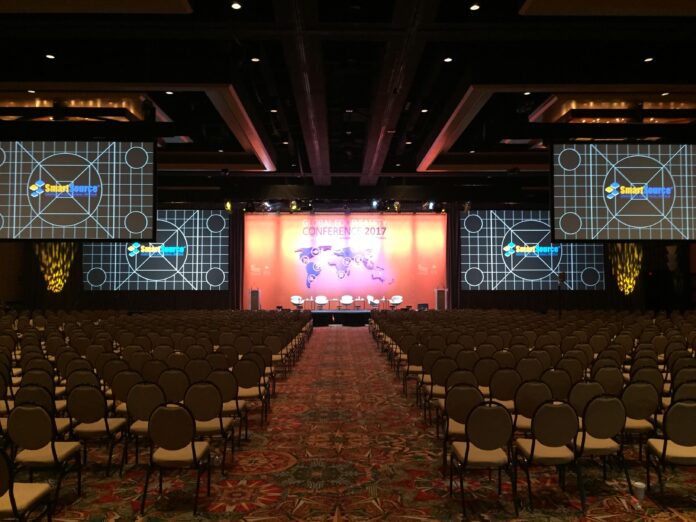
Most events require a projector. You will choose it depending on the type of event, but there is 99% chance you will need it. For example, there is a difference in PowerPoint presentations and videos. Consider the needs of the event and the expectations of the guests. Think about speaking, because you can choose to stream or interview. There are many factors that will affect your final choice. Experts recommend a brighter projector for presentations to achieve greater visibility. Also, check the amount of natural light and the number of windows, because that way you will be more confident in your decision. However, if you are planning to stream content, it is best to opt for rear screen projection. This will give you a better visual display.
6. Design
To be able to visualize your event, take advantage of 3D renderings of space. In that case, you will be sure which elements you need. You will also know which elements spoil the look of the space and need to be removed. Consider your goals and harmonize the design with them. Remember that the primary goals are your stakeholders.
Before you move on to the settings, go through the whole project once again by virtually walking through the space. Pay attention to every detail, because it is important to make sure that you meet your needs, as well as the needs of the guest.
Conclusion:
Every event planner wants to be the best in their business. This means that he must perfectly manage two crucial elements at work, namely audio and visual. Otherwise, they can’t organize a memorable event. If you learn a few new tricks and hone your skills, we are sure you will impress many guests who can hardly wait to work with you.
